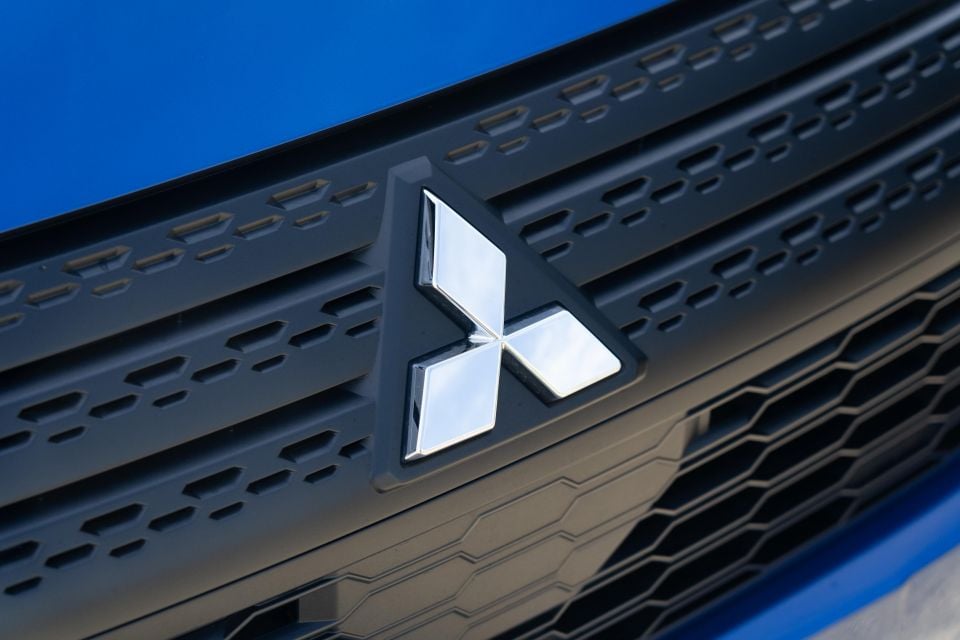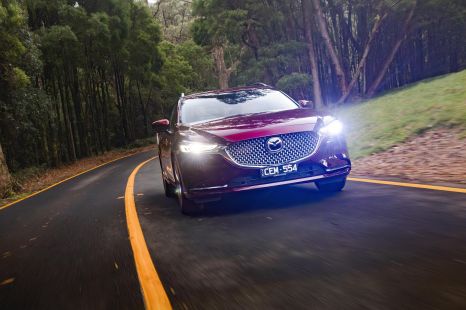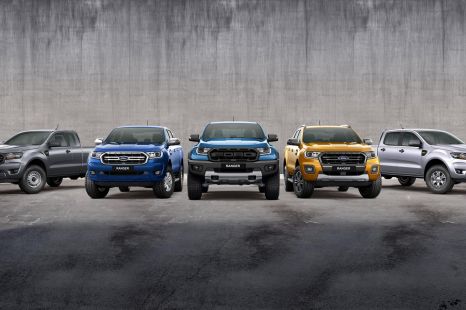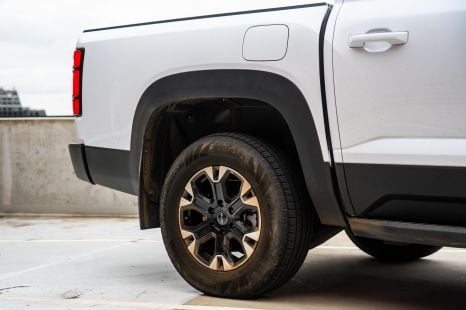

Max Davies
How Audi, BMW, Honda, Mercedes-Benz, and Suzuki started out in Australia, and where they are now
3 Hours Ago
Company says it "has full confidence in the accuracy of its fuel consumption testing, which is conducted in an accredited laboratory".

Contributor


Contributor
Mitsubishi Australia is facing a class action lawsuit from Triton ute owners who haven’t been able to match the vehicle’s official fuel economy claims in the real world.
The class action was this week filed on behalf of 2016, 2017, and 2018 Triton GLS owners who bought their cars between May 1, 2015 and November 25, 2021.
Mitsubishi Australia believes the class action is “without foundation, and will respond accordingly”, it said.
The law firm filing the class action alleges “the consumption labels affixed to each Affected Vehicle and brochures published by Mitsubishi made several false and misleading representations about the fuel efficiency of the Affected Vehicles”.
“The consumption labels affixed to each Affected Vehicle and brochures published by Mitsubishi made several false and misleading representations about the fuel efficiency of the Affected Vehicles,” the firm alleges.

“The Affected Vehicles were defective and did not comply with the statutory guarantees of acceptable quality or supply by description under the Australian Consumer Law. This is because the fuel efficiency of these vehicles diverged significantly from what was represented on the labels and in the brochures,” it says.
This isn’t the first time Mitsubishi Australia has faced a legal challenge about its claimed fuel economy figures.
The class action follows a case in the Victorian Supreme Court from earlier in 2021, which upheld a VCAT ruling that found the fuel economy claim published on a 2016 Triton GLS was “misleading and deceptive” because the owner saw significantly worse fuel usage in the real world.
The court found, however, Mitsubishi Australia’s fuel economy testing met Government standards, and said the fuel economy discrepancy didn’t mean the Triton in question was faulty.
“I accept the applicants’ submission that the label represented that the 2016 Triton had been tested in accordance with ADR 81/02 and that the results of those tests were as stated on the label,” Supreme Court Justice Tim Ginnane said.

“But, I consider that a reasonable consumer reading the label would consider that it indicated information about the vehicle’s fuel consumption and that they would take it to represent that, if the vehicle was retested under ADR 81/02, it would produce similar results,” Justice Ginnane said.
“After all, the label was intended to be read by consumers and was titled ‘Fuel Consumption’.
“The reasonable consumer would be entitled to regard the fuel consumption details as an accurate base on which to make comparisons with other vehicles’ fuel economy and on which to make adjustments for the real world driving conditions that the consumer was likely to encounter.”
The Supreme Court decision has been appealed by Mitsubishi, and will be heard by the Victorian Court of Appeals in 2022.
Mitsubishi Australia believes the latest class action is “without foundation, and will respond accordingly”.
“Importantly, Mitsubishi Motors has full confidence in the accuracy of its fuel consumption testing, which is conducted in an accredited laboratory,” the company said in a statement.
“There are very specific government regulations that mandate how this testing is undertaken and how the result is displayed on the fuel consumption label of all new vehicles, with which Mitsubishi fully complies.”
Where expert car reviews meet expert car buying – CarExpert gives you trusted advice, personalised service and real savings on your next new car.
Scott Collie is an automotive journalist based in Melbourne, Australia. Scott studied journalism at RMIT University and, after a lifelong obsession with everything automotive, started covering the car industry shortly afterwards. He has a passion for travel, and is an avid Melbourne Demons supporter.


Max Davies
3 Hours Ago


William Stopford
3 Hours Ago


Derek Fung
3 Hours Ago


Max Davies
11 Hours Ago


William Stopford
1 Day Ago


Ben Zachariah
1 Day Ago